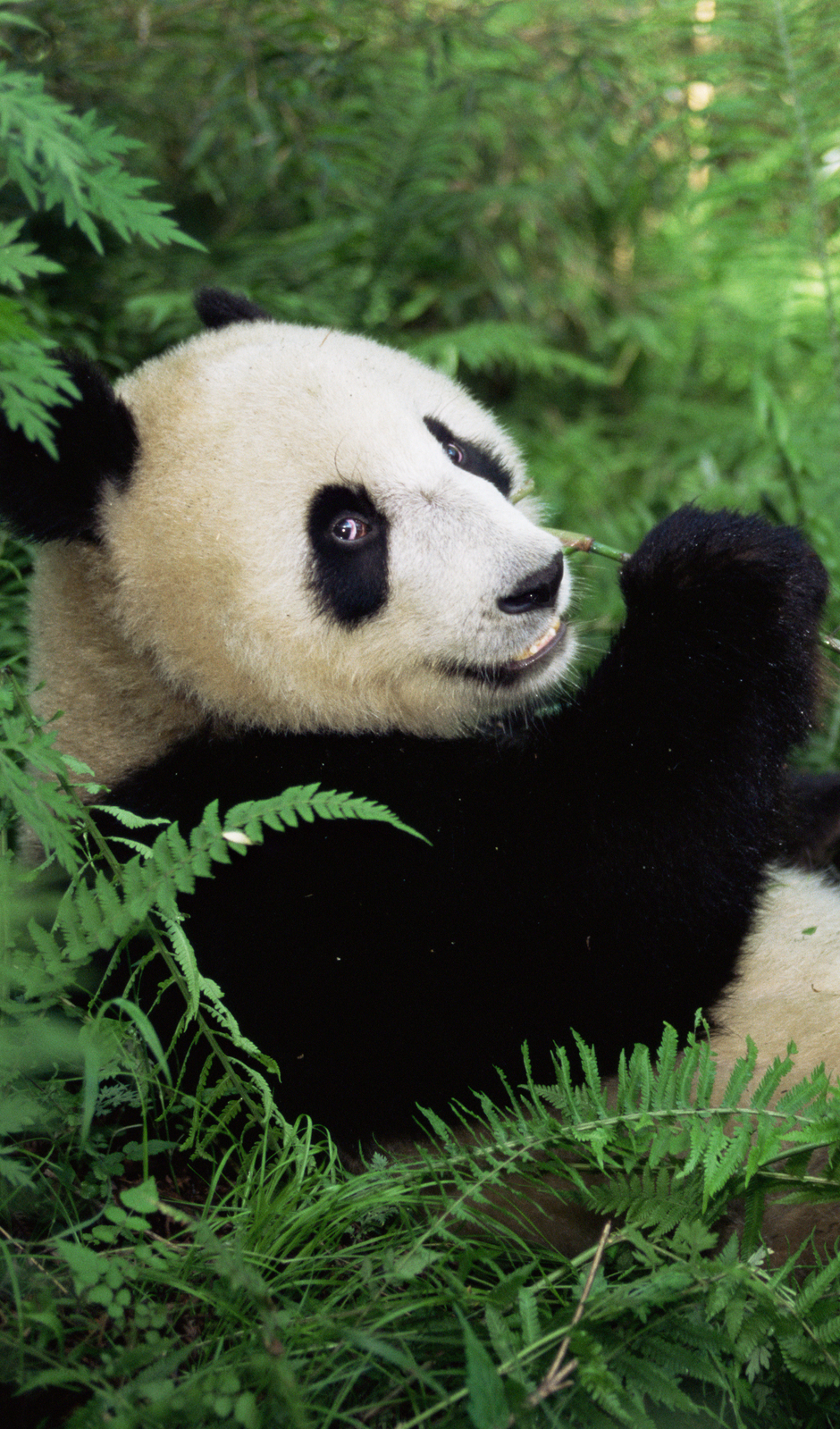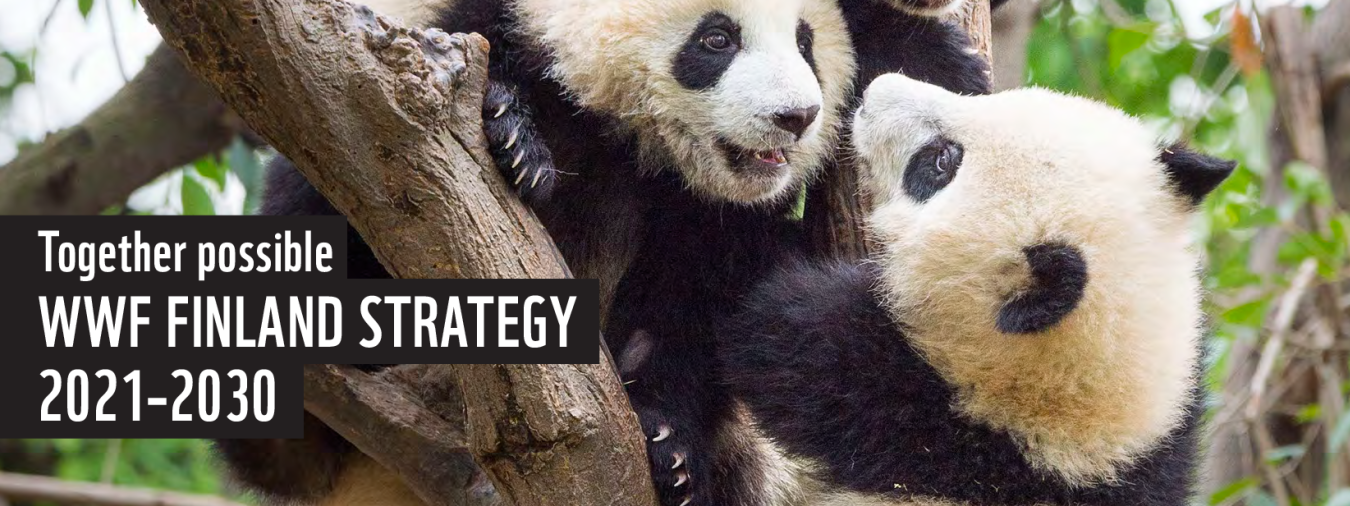

WWF Finland
WWF Finland is part of the extensive international WWF network that has offices in about 50 countries and operations in over one hundred countries. WWF, which was founded in 1961, has grown from a small organisation that focused on conserving endangered species to the most influential environmental organisation in the world. In Finland, we have operated since 1972.
Our target is to protect the biodiversity of nature and reduce the size of the human ecological footprint. In order to achieve our targets, we work diversely on practical conservation projects around the globe, as well as in specialist groups and around political negotiating tables.
Together with the whole WWF network, we conserve, among other things, some of the most endangered animals in the world, such as tigers, elephants, orangutans, snow leopards and polar bears. We also participate in the work of our wide network on conserving the seas of the world and their fish stocks, on tackling deforestation and mitigating climate change.
In Finland, we conserve domestic endangered species such as the Saimaa ringed seal, the Finnish forest reindeer, the wolverine, the Arctic fox and migratory fish. We promote forest conservation and ecologically sustainable forestry, maintain cultural landscapes, help the Baltic Sea in many ways, and clear and restore running water. We operate to prevent climate change and on behalf of sustainable production and consumption habits. We produce information and take environmental education into schools.
We have development cooperation projects in Nepal, Indonesia, Tanzania, Mozambique and the Mekong area.
We are an independent, non-aligned foundation. We receive funds for our work primarily as donations from private individuals, but companies and foundations also support our operations. Our development cooperation is funded by the Ministry for Foreign Affairs.
We have about 70 people working in our offices in Sörnäinen, Helsinki.
You can participate in our work by maintaining cultural landscapes in our volunteer work camps in the summers, by joining our volunteer-based invasive species and running waters’ maintenance efforts around Finland, in our volunteer oil spill response teams and in the WWF youth groups that operate in the biggest cities. You can also follow us and share our messages on, for example, social media.
Numerous one-off and monthly donors are also an important part of our operations; about half of the funds for our long-term operations come from private individuals. As a regular supporter, that is, regular donor, you get our monthly newsletter and our great World Wildlife magazine four times a year. All of us can affect the well-being of nature and people.

